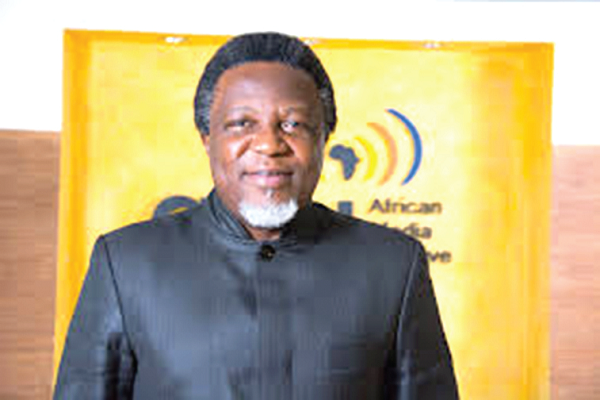
Extractive industries and the African development challenge - could a meeting in Nairobi signal a change in approach?
The challenge of Africa’s development in this century will have to be met through effective mobilisation of its resources, bringing goods and ideas to a global market that needs them and defining policies that support the processes of creating and fairly distributing wealth locally.
The resources for Africa’s development aspirations will not come from foreign aid, grants and loans.
After all, Africa alone is home to about 30 per cent of the world’s mineral reserves, 10 per cent of the world’s oil and eight per cent of the world’s natural gas. The assets needed are mostly available in Africa’s soil.
Advertisement
Its human capacity would have to be developed to produce the goods and ideas that sustain its development, and the government, private sector and civil society would have to be primed to meet the ultimate challenge of wealth creation and equitable distribution.
A meeting to take place in Nairobi, Kenya, on August 22 and 23, 2018 will discuss the first of these challenges: the effective and sustainable management of Africa’s natural resources, with a focus on East Africa.
The continent is believed to be the most well-endowed region on planet earth, with an abundance of all that have enriched people and nations across the globe: oil, gold, diamond, coltan, platinum and so on.
The challenge for a continent that continues to be the world’s poorest is simply how to ensure that below-ground riches become the above-ground wealth that can propel poor people to become the architects of their destiny, with more food, better jobs and improved education and health for the benefit of all Africans.
Albert Einstein once said: “The problems that we face cannot be solved by the same level of thinking that created them.”
Centuries of exploitation of Africa’s resources have generated massive wealth for those that developed the know-how to find and bring them to the market.
That they continue to do so in an age where the technology for achieving desired outcomes has become ubiquitous and available to all should give us pause and compel every African to question current development thinking on the pros and cons of resource extraction on the continent.
Out of the Nairobi meeting should come some new ideas and new models of resource governance on how to create real wealth from the natural resources of the region and to use that wealth to develop Africa.
Research by Mark Curtis for the War on Want organisation found out that companies listed on the London Stock Exchange controlled over a trillion dollars worth of African gold, diamond, oil and gas resources. China may hold multiples of that in African minerals stock.
An African Union (AU) study concluded that about US$50 billion in illicit financial flows left the continent each year. These are not random facts and figures, and they ought to thrust every African into a state of deep introspection.
As Kenya, Tanzania and Uganda stand to become new actors in the global extractives industries sector, the overarching question must be addressed: will these countries simply go the way so many others on the continent have gone - victims of the proverbial “resource curse” - or will they work to open new pathways for change with the active collaboration of their citizens?
Shortly after coming into office in 2015 President John Magufuli of Tanzania expressed profound disappointment in the fact that his country was not getting a fair share of the revenue from its extractive resources.
President Idriss Deby Itno of Chad made similar statements over a decade earlier, and long before that, the late President Mobutu Sese Seko of present-day Democratic Republic of Congo (DRC) – irrefutably the poster child of that African conundrum of co-existent wealth and poverty – hinted that he simply could not comprehend why Zaire would not emerge from mass poverty?
How do the billions of dollars that come out of the continent’s sub-soil leave Africa with hardly a trace? The experts will speak of poor contractual arrangements, ill-conceived legal, policy and institutional frameworks, absence of transparency in revenue-sharing and disregard for land and community rights. The list could go on.
The travails of Nigeria’s Delta region and Ogoniland exist to remind us all of the environmental disasters that come with unrestrained exploitation of natural resources.
The huge elephant in every room – unbridled corruption – continues to drive discussions and shape outcomes in the sector, killing every hope that Africa will someday reap any meaningful dividends from the one thing nature endowed it with, for the benefit of its people.
The Nairobi meeting is bringing together public sector experts, business leaders and representatives of academia and civil society, together with media professionals.
A lot will depend on the outcomes - it may well be just another meeting to engage in yet another random intellectual exercise. Or, as I fervently hope, it may result in a new level of thinking on how the extractive industries can better serve Africa’s development needs in the new century.
If this elite group cannot do it, one must wonder who else can. As public sentinels, African media have a critical role in bringing about the transformation where Africa’s resource wealth is deployed for improving the everyday lives of Africans. Is anybody listening?
The writer is a Senior Advisor with the African Media Initiative.